Chad
General Mahamat Idriss Deby Itno on Monday appointed by decree 104 more members of his "parliament" as he leads Chad's two-year transitional government after taking power on the death of his father.
In early October, a national reconciliation dialogue (DNIS), which gave him an additional 24 months as transitional president, recommended increasing the number of "deputies" in the National Transitional Council (CNT), which has acted as parliament since Mr Déby was first proclaimed head of state on 20 April 2021, at the head of a junta of 15 generals, from 93 to 197.
The enlargement of the CNT aims to integrate personalities from parties, civil society organisations and rebel movements that joined the national dialogue, which was boycotted by a large part of the opposition and some of the most powerful armed groups.
The latter denounce a "dynastic succession" in Chad, ruled for 30 years with an iron fist by Idriss Déby Itno, Mahamat's father, who was killed on the front line against rebels a year and a half ago.
In a decree consulted by AFP, General Déby named 104 "additional members of the CNT" on Monday, including representatives of the former opposition that rallied to the regime during the DNIS and rebel groups that signed a peace agreement in August.
On 20 April 2021, a junta of 15 generals announced the death of Marshal Idriss Déby and proclaimed his son Mahamat, a 37-year-old general at the time, "President of the Republic" for a "transitional" period that should lead to "free and democratic elections" after 18 months, renewable once.
The generals immediately abrogated the Constitution, dismissed the government and dissolved parliament, only to replace it five months later with a 93-member CNT appointed by the new strongman of N'Djamena. This transitional "parliament" is in charge of drafting a new constitution and preparing elections.
Mahamat Déby immediately received the support of the international community - led by France, the European Union (EU) and the African Union (AU) - which nevertheless demanded that the transition not exceed 18 months, and also ensured that General Déby would not stand in future elections.
Eighteen months later, the DNIS not only reappointed him for two years as head of Chad but also authorised him to run for the supreme magistracy in two years' time.
On 20 October last, opposition demonstrations were violently repressed, resulting in about fifty deaths in the country's major cities, more than 300 injured and hundreds of people arrested.
The EU "strongly" condemned the "excessive use of force" and "serious violations of freedom of expression".



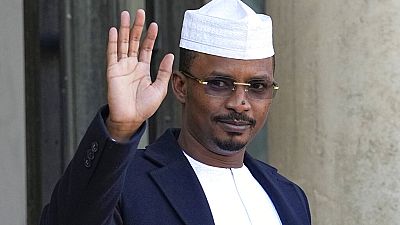

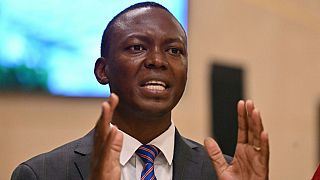
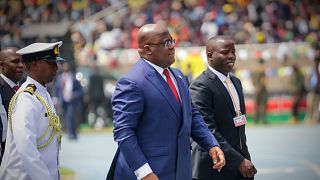
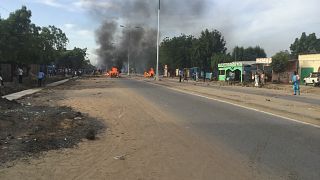
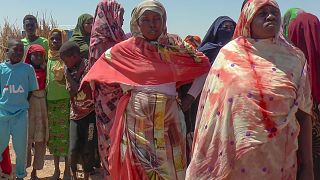

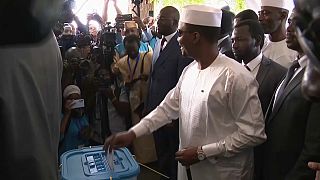



Go to video
Sub-Saharan Africa’s economy set to rebound, but Jobs still a major hurdle
Go to video
Pope Francis’ funeral to be held on Saturday 26 April at Saint Peter's Basilica
Go to video
Artist Kehinde Wiley puts power in a new frame with paintings of African leaders
00:58
Senegal: MP Proposes High Treason Charges Against Former President Macky Sall
Go to video
Somalia launches national voter registration campaign
Go to video
Tundu Lissu charged with treason